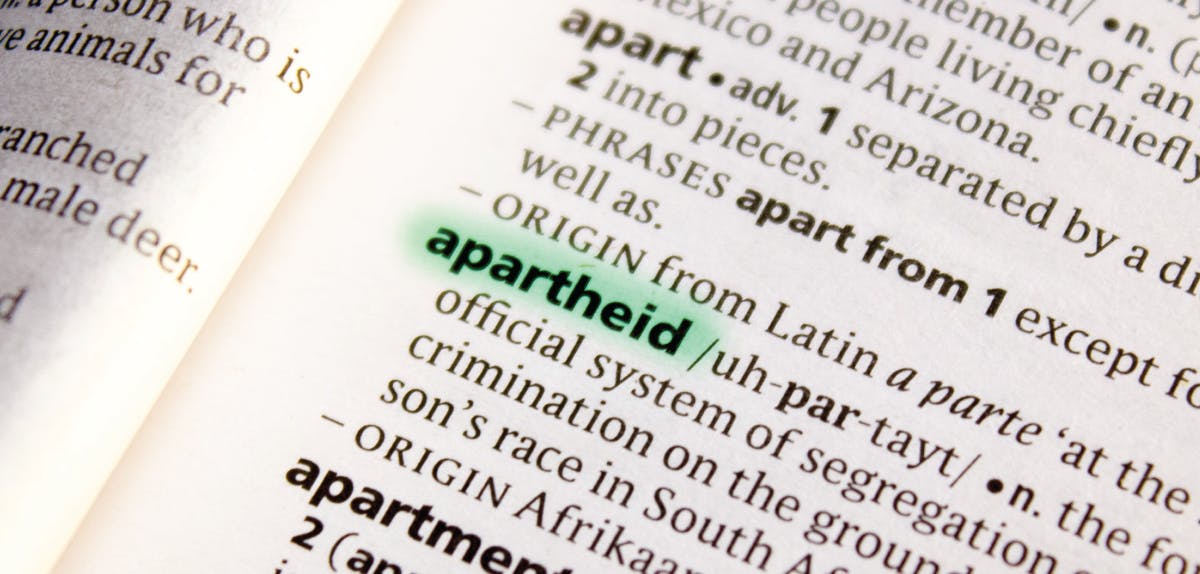Article | Does Israel practice apartheid against its Arab and other non-Jewish citizens?
January 21st, 2024

Article by Rabbi Alan Silverstein, Ph.D. MERCAZ Olami, President
Anti-Defamation League executive director emeritus Abraham Foxman defines “apartheid” as “the system of racial segregation enforced in South Africa from 1948 to 1994….” The system featured “second-class enclaves where relatively powerless people were forced to live together, often in abject poverty.”
As journalist and author Benjamin Pogrund, who formerly lived and worked in South Africa, recalled:
“Under apartheid no detail of life was immune to discrimination by law. Skin color determined every single person’s life, literally from birth until death: where you were born, where you went to school, what job you had, which bus you used, what park bench you sat on, and in which cemetery you were buried.”
In contrast to South Africa, from its inception, the State of Israel, as affirmed in its Declaration of Independence, has been committed to operating as a democracy for all of its individual citizens:
Israel, the Declaration stated, would “foster the development of the country for the benefit of all its inhabitants; it will be based upon freedom, justice, and peace as envisaged by the prophets of Israel; it will ensure complete equality of social and political rights to all its inhabitants irrespective of religion, race, or sex; it will safeguard the Holy Places of all religions….”
The Declaration goes on to appeal to new state’s Arab inhabitants “to preserve peace and participate in the upbuilding of the State on the basis of full and equal citizenship and due representation in all its provisional and permanent institutions.”
When Pogrund relocated to Israel, he witnessed the stark difference between the South Africa of his younger years and his new country.
“I had major surgery in a Jerusalem hospital: the surgeon was Jewish, the anesthetist was Arab, the doctors and nurses who looked after me were Jews and Arabs,” he observed. “Jews and Arabs share meals in restaurants and travel on the same trains, buses, and taxis.”
Lawyer and law professor Alan Dershowitz offers similar memories. He recalled attending a concert featuring conductor and pianist Daniel Barenboim “with an orchestra composed of Israelis and Palestinians held at the Young Men’s Christian Association in Jerusalem. I sat next to an Israeli Arab who was Israel’s minister of culture…. The audience, too, was a mixture of Israelis and Palestinians…. Hardly a feature of real apartheid!”
The closest analogy in the Middle East to South African apartheid is the manner in which Jews have been treated in Arab Muslim lands. They have either been persecuted as “infidel” or as “protected” if they accepted an official status as “dhimmi,” in effect, second-class residents. Formulations of the “Pact of Umar,” a “pact of protection” regarding dhimmis, included payment of an annual jizya (head tax) and haraj (land tax) to be presented annually by local Jewish community representatives to Muslim authorities in a servile manner.
Dhimmis were also enjoined to behave in a manner befitting subservient status. This, then, from a 1905 Yemenite version of the Pact of Umar: “They are not to assist each other [in court] against a Muslim. They may not build their houses higher than Muslim homes…. They may not belittle the Islamic religion…. They may not display their Torah except in their synagogues. They shall not raise their voice when reading, nor blow their shofars loudly…. It is their duty to recognize the superiority of the Muslim and to accord him honor.”
Even worse, it’s evident the Palestinian Authority and Hamas envision the implementation of ethnic cleansing for any future Palestinian State. Their stated plans say that no Jew will be permitted to reside there — already the case in Gaza. In July 2013, PA President Mahmoud Abbas made it clear that “in a final resolution, we would not see the presence of a single Israeli [i.e., Jew] — civilian or soldier — on our lands.”
Given Israel’s having accorded equal civic status to individual Israeli Arab citizens, why does the false accusation of apartheid persist? South African Judge Richard Goldstone assessed that the motivation behind this invidious slander is to “isolate, demonize, and delegitimize” Israel.
The reality is that two million-plus Israeli Palestinian Arabs live as citizens with individual legal protection under state law. Analyst Mitchell Bard notes that Arab citizens in Israel “have equal voting rights…. It is one of the few places in the Middle East where Arab women may vote.” Arabs hold seats — usually between eight and 15 — in the 120-seat Knesset, Israel’s parliament. Arabs hold governmental ministry positions, key appointments in the courts, and prominent positions in academia. Arabs are making significant headway into the high-tech sector and other prestigious areas of work. Notably, Arab Israelis dominate in the field of pharmacy and are substantially represented in the medical profession. Bard adds that “the national languages of Israel are Hebrew and Arabic. Arabs have their own schools, where they learn about their history and culture in Arabic.”
Does discrimination exist against Israeli Arabs? Yes — just as it does for minorities in the United States and other democracies — but it is not state-sanctioned.
The source of much of the bias problem is that most Israeli Arabs — like haredi men — choose not to serve in the Israel Defense Forces. Arabs are exempt from required army service so as not to put them in the position of having to take up arms against their non-Israeli Arab brethren. Druze and Circassian communities at their own request are the exception and do serve. Additionally, many Israeli Bedouins volunteer to serve, often with distinction. Other Arab volunteers include Christian Arabs and quite a few mainstream Israeli Muslims.
Concern for Arab human rights reflects a double standard. Canadian/Hungarian film producer, Robert Lantos, who is also a Jewish leader, noted that while anti-Zionists denounce Israel for alleged abuses, they remain “unfazed by the jailing of dissenters in Iran, oblivious to the oppression of women in Saudi Arabia, blind to the incarceration and torture of gay men in Qatar, accepting of widespread female genital mutilation, and unperturbed by the persecution of Christians in several Islamic countries.”
Do Israeli Arabs seek better conditions? Of course! Yet while identifying societal imperfections, Israeli Arabs appreciate the benefits of their Israeli citizenship. They express opposition to proposed “land swaps” in a final Israel-Palestinian peace treaty. Why? Such exchanges of territory likely would mean trading West Bank Jewish settlements, which would become part of Israel, for Israeli Arab towns in the Galilee’s “Triangle,” becoming portions of Arab Palestine.
Israeli Arabs do not want to be placed under the jurisdiction of an authoritarian Palestinian state. They recognize that the guarantee of human rights for the Arab minority within Israel is preferable to what they would encounter under the rule of the Palestinian Authority.
Alan Dershowitz has observed that “Israel has not only created a good life for its Jewish citizens, it has helped its Arab [and other non-Jewish] citizens live better lives — as measured by income, health, longevity, and other accepted criteria — than the Arabs of any neighboring countries.”
Consequently, in November 2023, when asked whether they feel “a part of the State of Israel and its problems,” 70 percent of Arab respondents replied in the affirmative.
Members of the Biden administration’s foreign affairs leadership team have affirmed that when it comes to Israel’s treatment of its Arab citizens, “It is not the view of this administration that Israel’s actions constitute apartheid.”
Originally published on The Times of Israel




